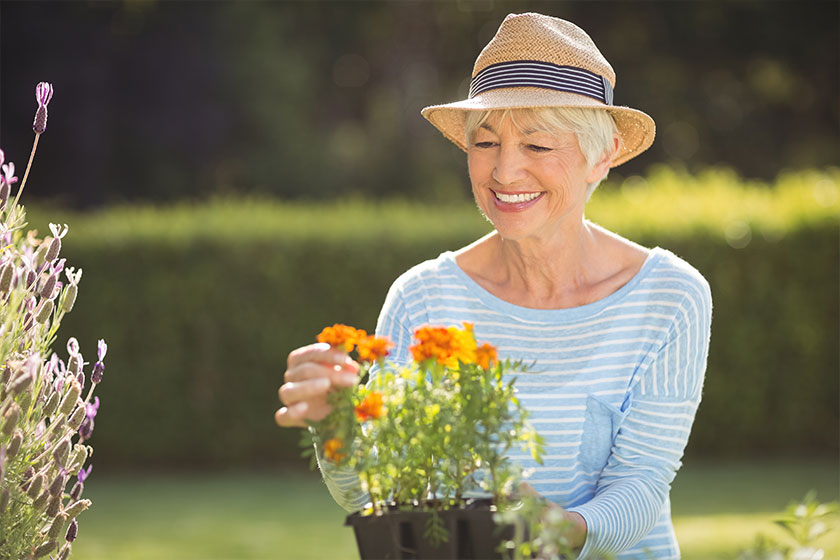Gardening is a popular activity that many aging adults enjoy. Apart from being a great way to relax and engage, gardening can also provide a range of benefits, from improved physical health to reduced stress and anxiety. This makes gardening one of the most beneficial activities residents in Fort Myers, FL assisted living apartments can engage in alongside other forms of health and social activities included in the amenities available for them in the community.
Gardening in an assisted living community can also present unique challenges for the residents due to several factors. However, these challenges should not stop you from pursuing your green thumb. Here are some top tips to help you in having a successful and rewarding gardening experience in your retirement community.
Check the Rules and Regulations of the Assisted Living Community
The first thing you need to do is check the rules and regulations of the assisted living community regarding gardening. Some communities may have restrictions on the types of plants or gardening equipment that are allowed. Make sure to get clearance before you start.
Choose Plants that Are Easy to Grow
Select plants that are easy to grow and do not require a lot of maintenance. Some plants that are easy to grow in Florida include tomatoes, peppers, herbs, and flowers like marigolds, zinnias, and petunias.
Choose Plants that Are Suitable for the Climate
Another thing you also need to consider while planning gardening is the climate of your immediate environment. Make sure to choose plants that are suitable for the climate in Fort Myers, FL. Florida has a subtropical climate, which means that the summers are hot and humid, and the winters are mild. Some plants that do well in this climate include hibiscus, bougainvillea, and crotons.
Choose Plants that Are Safe for Aging Adults
Some plants can be toxic, so it is important that you choose plants that are safe. Some plants to avoid include oleander, foxglove, and lantana. If you are not sure whether a plant is safe or not, do some research or consult with a gardening expert.
Use Raised Garden Beds
Raised garden beds are a great option for aging adults as you can easily access them without the need for bending or kneeling. This will help maintain your health and make gardening more convenient and enjoyable.
Raised beds also allow for better drainage and can be filled with nutrient-rich soil, hence enhancing the plants’ growth.
Use Lightweight Gardening Tools
Using lightweight gardening tools can make it easier for aging adults to garden, as you won’t need much strength to handle them. Look for tools that have ergonomic handles and are easy to grip.
Use a Watering System
Watering plants can be a tedious task, especially for aging adults who may have mobility issues. Using a watering system like a drip irrigation system can make it easier to water plants.
Plant in Containers
Container gardening is a great option for aging adults who have limited space. It also makes moving plants around and adjusting them to changing weather conditions easier.
Consider Vertical Gardening
Vertical gardening is another option for aging adults with limited space. It involves growing plants vertically, either on a trellis or on a wall.
Get Help if Needed
If you need help with your gardening, don’t be afraid to ask for assistance. You can ask a family member, friend, or even a gardening professional to help with tasks like planting, watering, and pruning.






